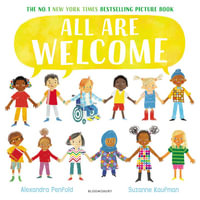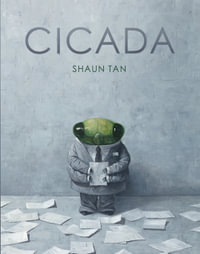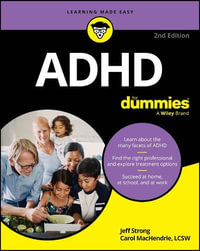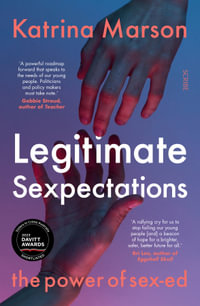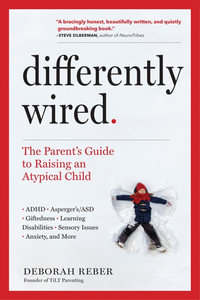Grounded in extensive interviews, longitudinal methods, historical analysis, and archival work, Mikaela Luttrell-Rowland shows how two distinct groups of working young people in Lima, Peru have become political protagonists, resisting and critiquing the daily inequality and injustice they face. She details the ways these young people interpret and address a range of issues affecting their lives-from environmental degradation to second-rate public facilities, gender-based violence to dangerous working conditions-and reveals a range of ways they make sense of their systematic marginalization and their own labor, and in doing so, how they navigate everyday state violence.
By attending to the affect, longing, and desires that animate these young people's politics, Luttrell-Rowland conveys the meaning of their lives and work in an economy that invokes their subjectivity and rights while rendering them non-participatory subjects. Though the lives of young people are often imagined as far from politics, these "political children" expose the contradictions of public policy narratives in which the Peruvian state is cast as a neutral site for engagement and action. Through their criticism and activism, the young people in this book demonstrate that such narratives divorce state power from the very places in which it is experienced as structural violence.
Industry Reviews
"This powerful ethnography provides a rich account of how the Peruvian state is lived, felt, and understood, demonstrating just how much we can learn when we really listen to children. Through a careful and sensitive analysis of their words and drawings, Mikaela Luttrell-Rowland sheds new light on the enduring legacies of state violence, the affective dimensions of state power, and the neoliberal dynamics of disinvestment and depoliticization. By engaging with two different groups of working children, one organized as a social movement and one not, Luttrell-Rowland reveals how all children-not just those who are activists-are political children."-Jessica K. Taft, University of California, Santa Cruz
"In her clear yet nuanced analysis of state power, Mikaela Luttrell-Rowland masterfully foregrounds the political subjectivity and demands of youth. Political Children is a valuable contribution to our understanding of youth as agents and of the contradictions embedded in living in and fighting against injustices informed by legacies of colonialism, war, and economic inequities."-M. Cristina Alcalde, Miami University
"From the first to the last page, Political Children makes a powerful call for us to stop, and to listen properly, to what marginalised children have to say about interlocking forms of environmental, structural, historical, and political violence. Zooming in on Lima, Peru but equally relevant to many other settings in the Global South and beyond, the book is a testament to the way in whichin-depth interviews, longitudinal ethnographic fieldwork and archival materials can all be harnessed to give agency to children while delivering insights into both the working of state power and the experience of translocal patterns of capital and environmental inequity. Far from being the silent receivers of rights, or just belonging to their families and hence located 'far from politics', Political Children breaks new ground in demonstrating that children are indeed the carriers of key political insights, which they articulate not simply in the mainstream language of rights but also inthe affective language of longing and desire. Methodologically impressive and theoretically sophisticated, Political Children is a must-read to overcome unexamined assumptions about children and learn what powerful socio-legal research can uncover if we stop and listen to them."-Luis Eslava, Kent Law School
"As a lawyer and law professor, Luttrell-Rowland brings a different perspective than that of a typical social scientist to this study of working young people in Lima, Peru.... Recommended."-D. L. Browman, CHOICE


